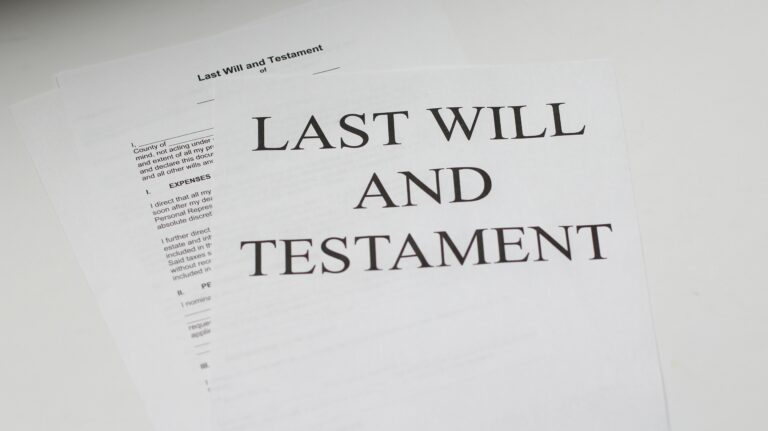
What Is Included in an Estate Inventory?
The executor’s job includes gathering all of the assets, determining the value and ownership of real estate, securities, bank accounts and any other assets and filing a formal inventory with the probate court. Every state has its own rules, forms and deadline for the process, says a recent article from yahoo! Finance titled “What Do I Need to Do to Prepare an Estate Inventory for Probate,” which recommends contacting a local estate planning attorney to get it right.
The inventory is used to determine the overall value of the estate. It’s also used to determine whether the estate is solvent, when compared to any claims of creditors for taxes, mortgages, or other debts. The inventory will also be used to calculate any estate or inheritance taxes owed by the estate to the state or federal government.
What is an estate asset? Anything anyone owned at the time of their death is the short answer. This includes:
- Real estate: houses, condos, apartments, investment properties
- Financial accounts: checking, savings, money market accounts
- Investments: brokerage accounts, certificates of deposits, stocks, bonds
- Retirement accounts: 401(k)s, HSAs, traditional IRAs, Roth IRAs, pensions
- Wages: Unpaid wages, unpaid commissions, un-exercised stock options
- Insurance policies: life insurance or annuities
- Vehicles: cars, trucks, motorcycles, boats
- Business interests: any business holdings or partnerships
- Debts/judgments: any personal loans to people or money received through court judgments
Preparing an inventory for probate may take some time. If the decedent hasn’t created an inventory and shared it with the executor, which would be the ideal situation, the executor may spend a great deal of time searching through desk drawers and filing cabinets and going through the mail for paper financial statements, if they exist.
If the estate includes real property owned in several states, this process becomes even more complex, as each state will require a separate probate process.
The court will not accept a simple list of items. For example, an inventory entry for real property will need to include the address, legal description of the property, copy of the deed and a fair market appraisal of the property by a professional appraiser.
Once all the assets are identified, the executor may need to use a state-specific inventory form for probate inventories. When completed, the executor files it with the probate court. An experienced estate planning attorney will be familiar with the process and be able to speed the process along without the learning curve needed by an inexperienced layperson.
Deadlines for filing the inventory also vary by state. Some probate judges may allow extensions, while other may not.
The executor has a fiduciary responsibility to the beneficiaries of the estate to file the inventory without delay. The executor is also responsible for paying off any debts or taxes and overseeing the distribution of any remaining assets to beneficiaries. It’s a large task, and one that will benefit from the help of an experienced estate planning attorney.
Reference: yahoo! finance (Dec. 3, 2022) “What Do I Need to Do to Prepare an Estate Inventory for Probate”

